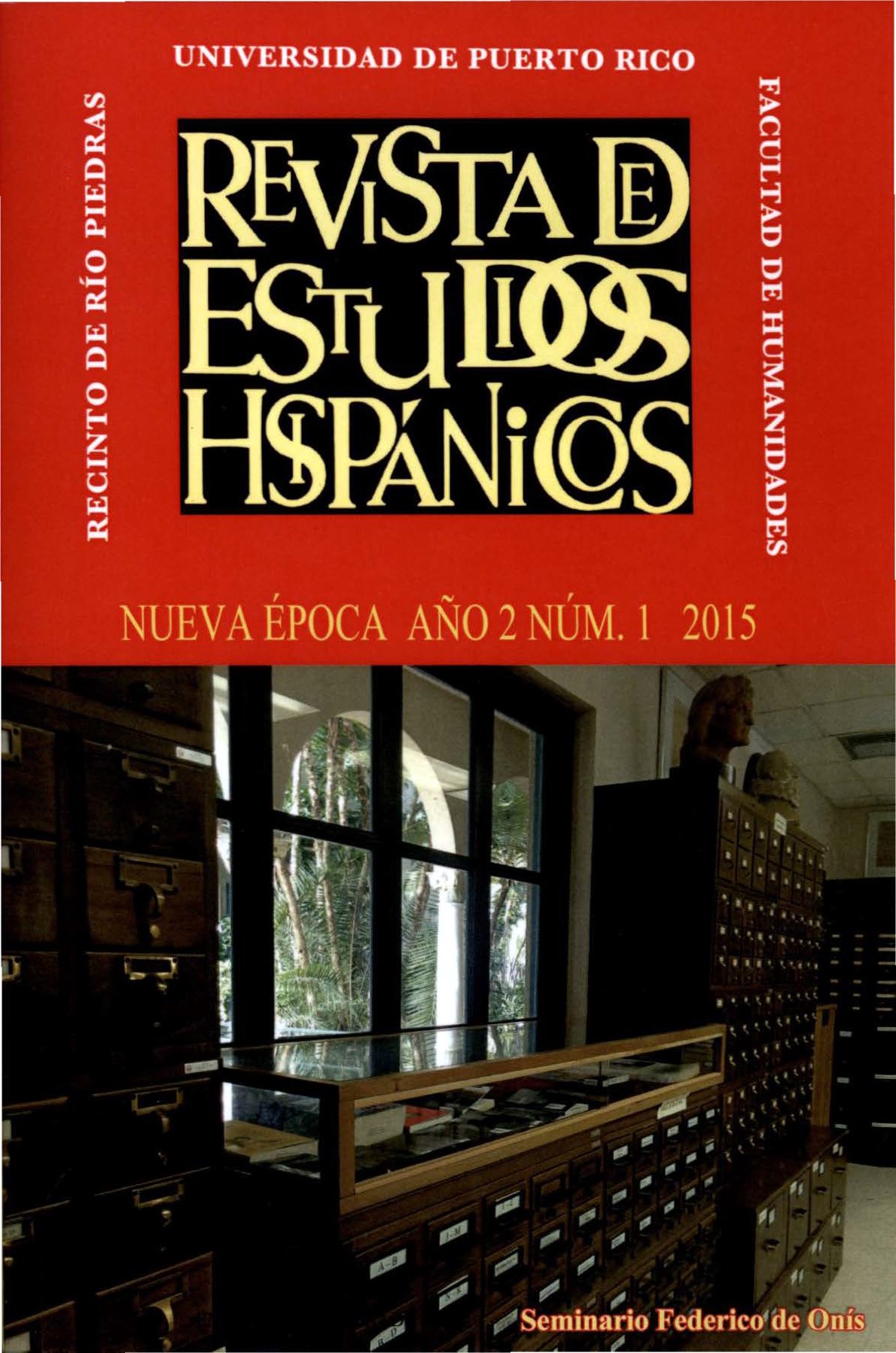Abstract
In his famous declaration in 1949 that "[t]o write poetry after Auschwitz is barbaric," Theodor Adorno addresses the problematic of representing and coming to terms with an extreme historical event through literature. While his contention has received much criticism, it has also suggested the need for new forms of literary representation that no longer fit the pre-Holocaust models. The after-Auschwitz model forces a reconceptualization and transformation of language to meet the needs of a traumatic discourse that falls outside of "everyday" language. It also forces one to recognize that the familiar categories and frameworks available during the pre-Holocaust period are insufficient to express an event that cannot be explained nor visualized. In the wake of postmodernism and its deconstruction of the "real" and the ensuing debate between history/fiction, traumatic writing has adopted unconventional narrative forms to address issues of absence or loss. This essay examines the concept of aphasia in Spanish writer Max Aub's short story Manuscrito Cuervo. This creative work represents a prime example of Max Aub's use of the Spanish Avant-garde as a narrative strategy employed to represent the reality of the French concentration camp of Le Vernet. Aub breaks away from traditional literary conventions and turns to new, artistic and aesthetic forms such as estrangement, humor and the unusual narrator in an effort to representa reality that goes beyond any conventional form of representation.This work is licensed under a Creative Commons Attribution-NonCommercial 4.0 International License.
Downloads
Download data is not yet available.

